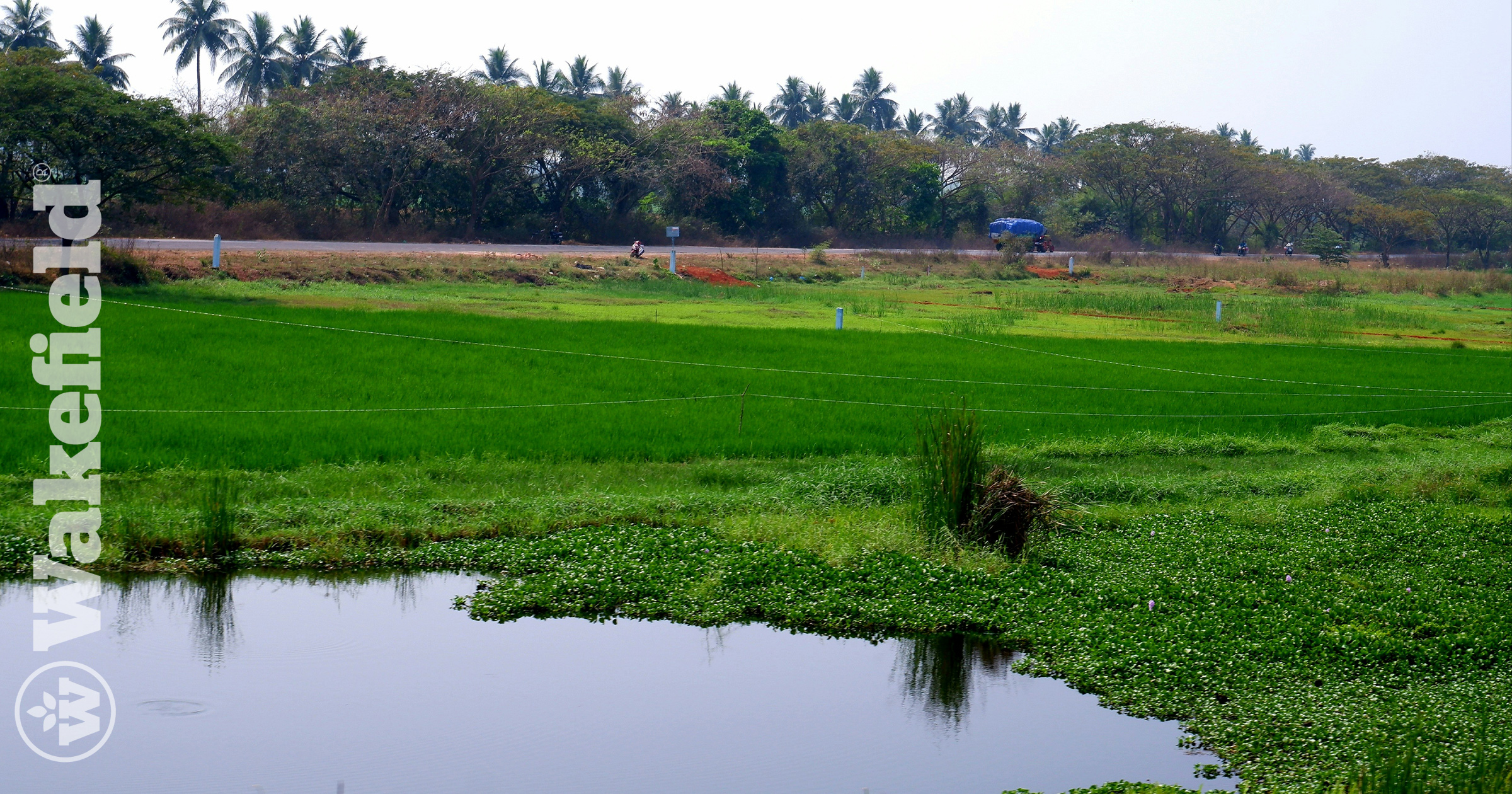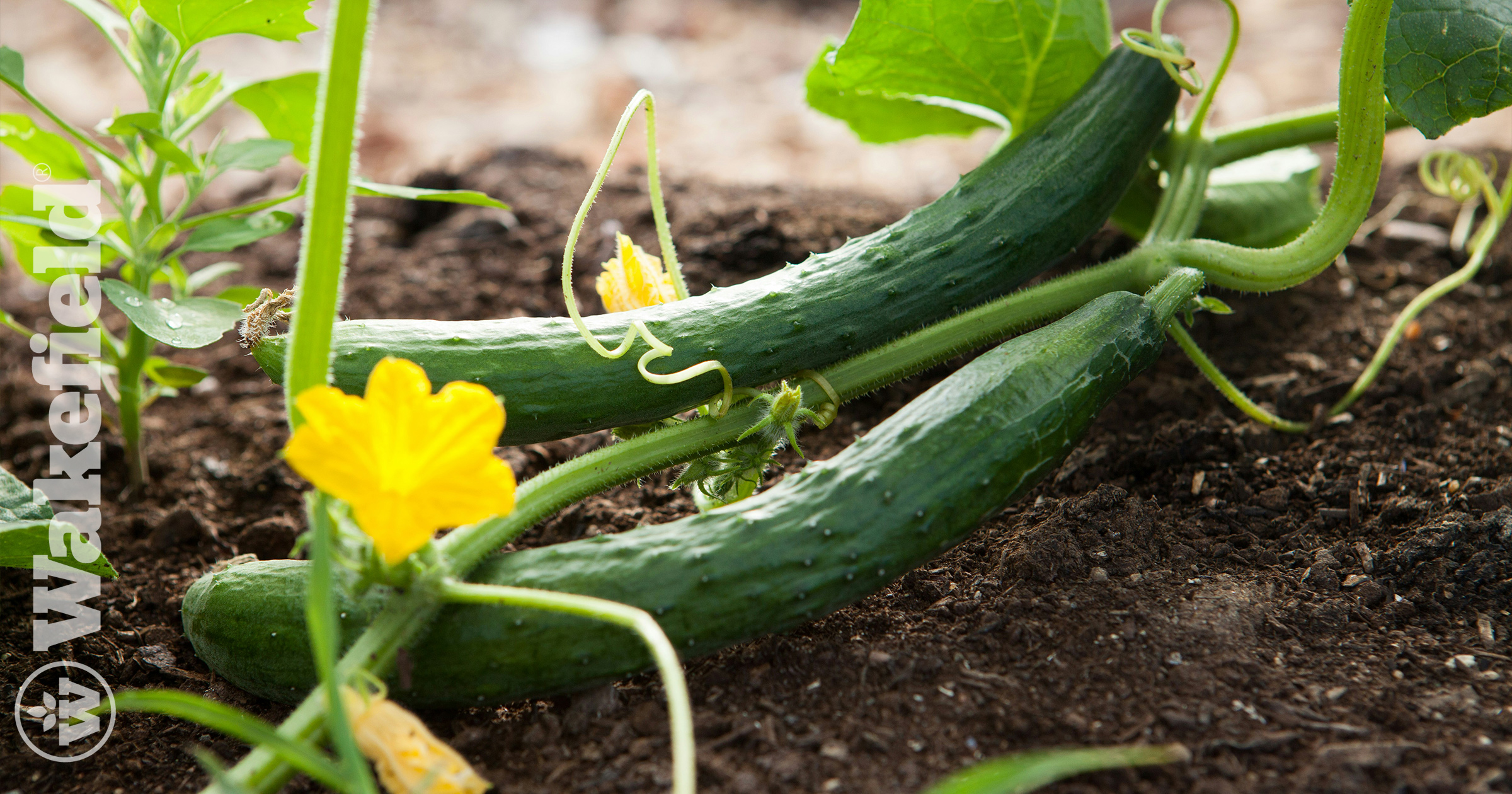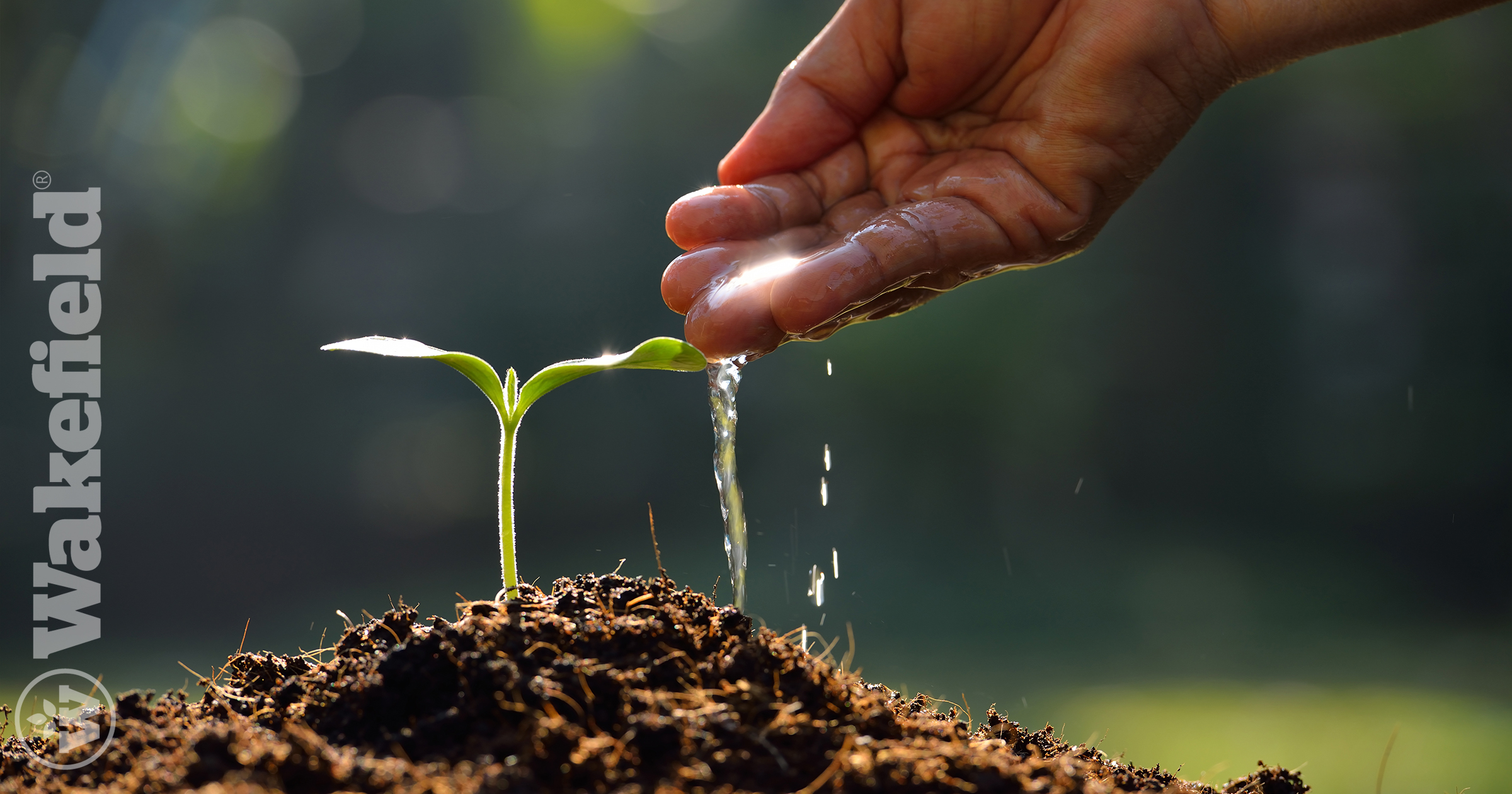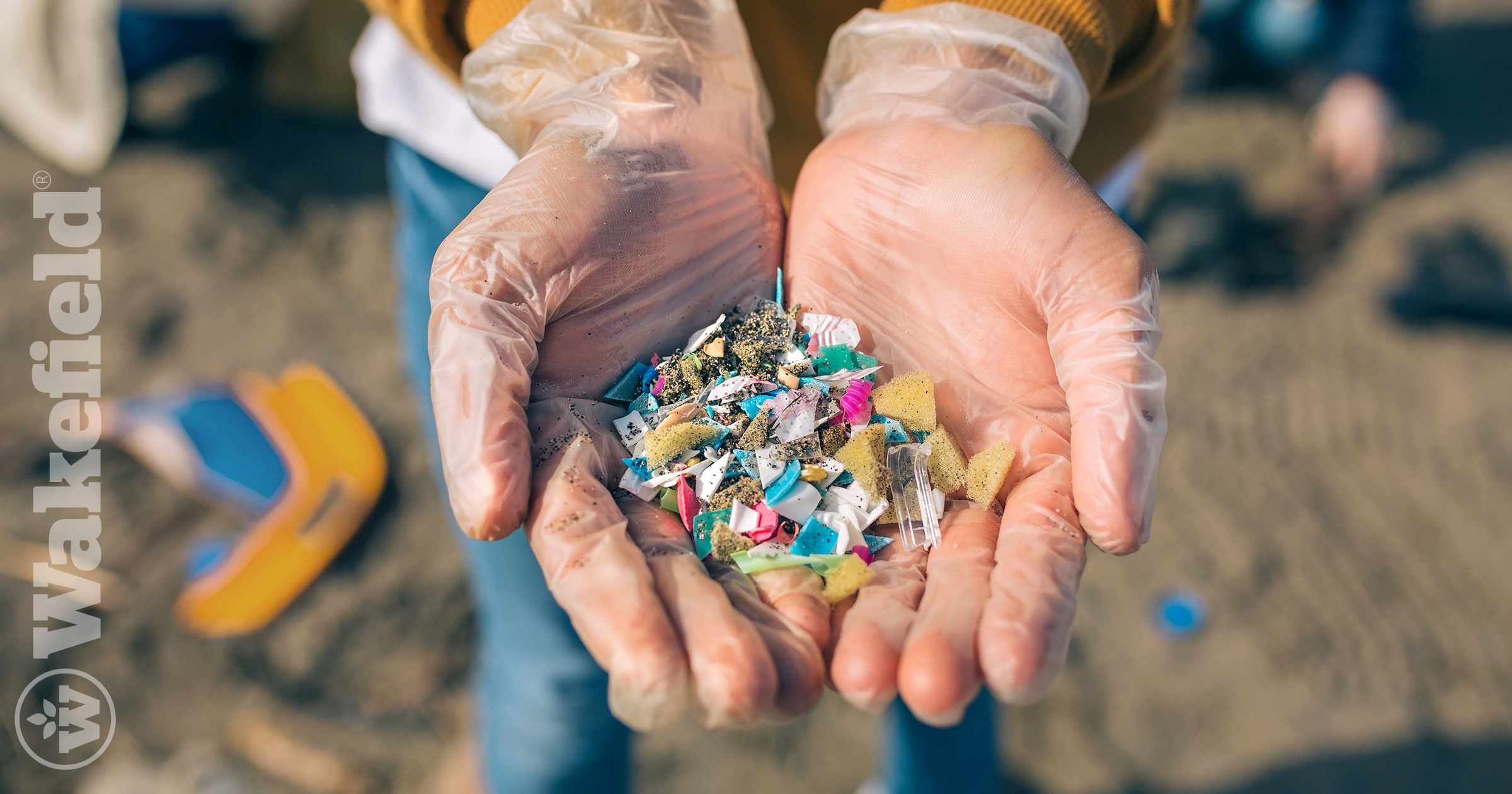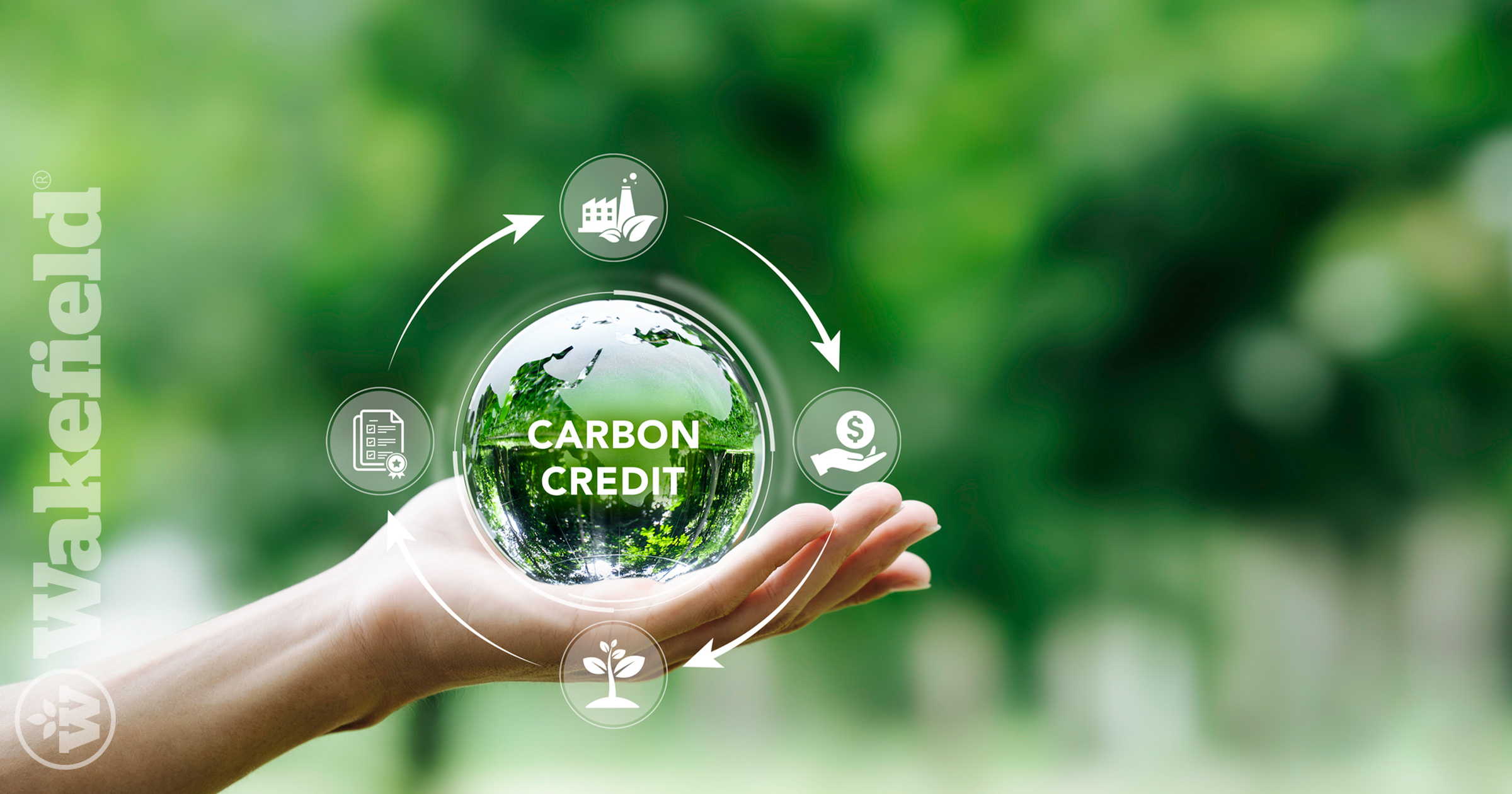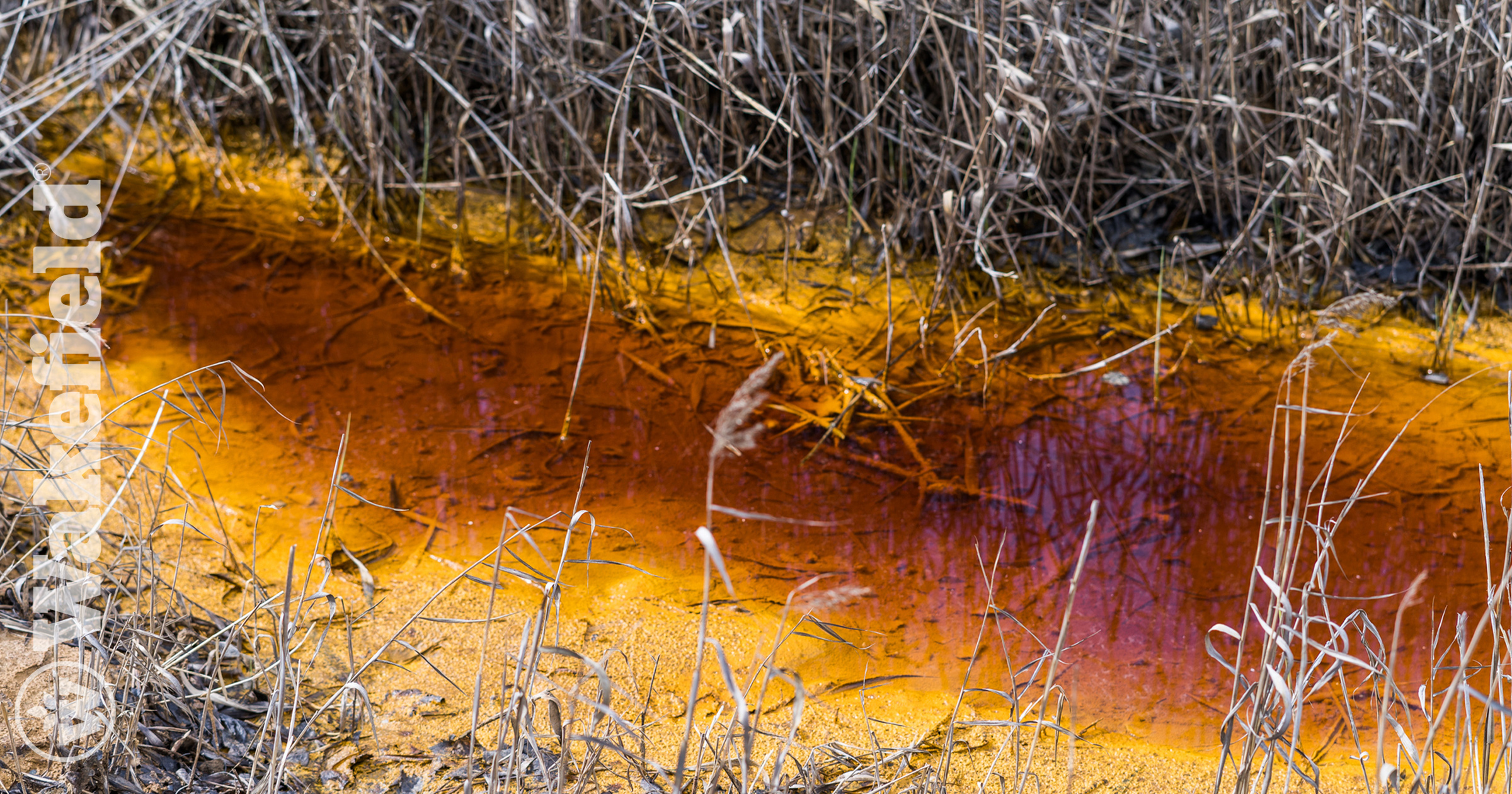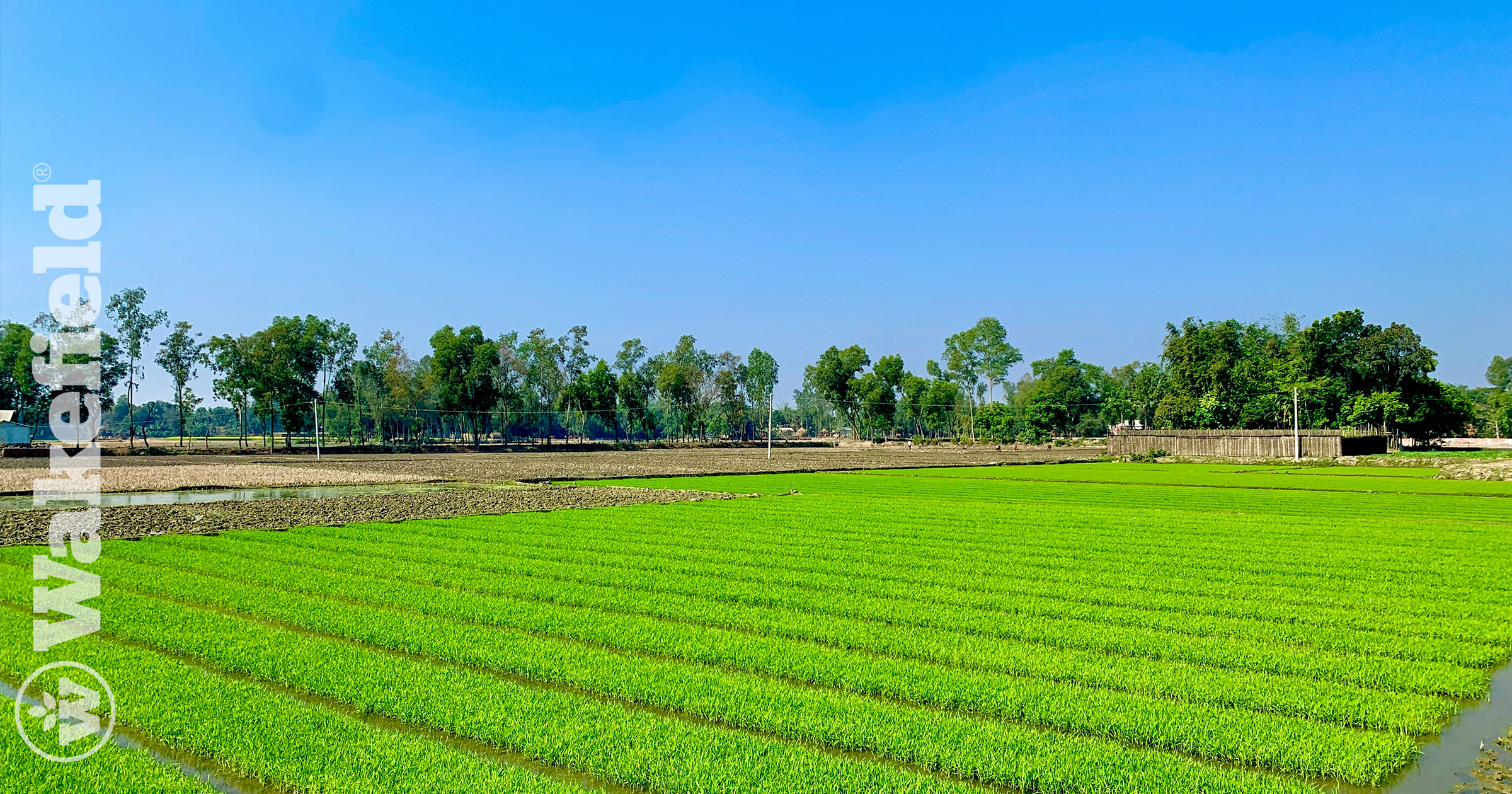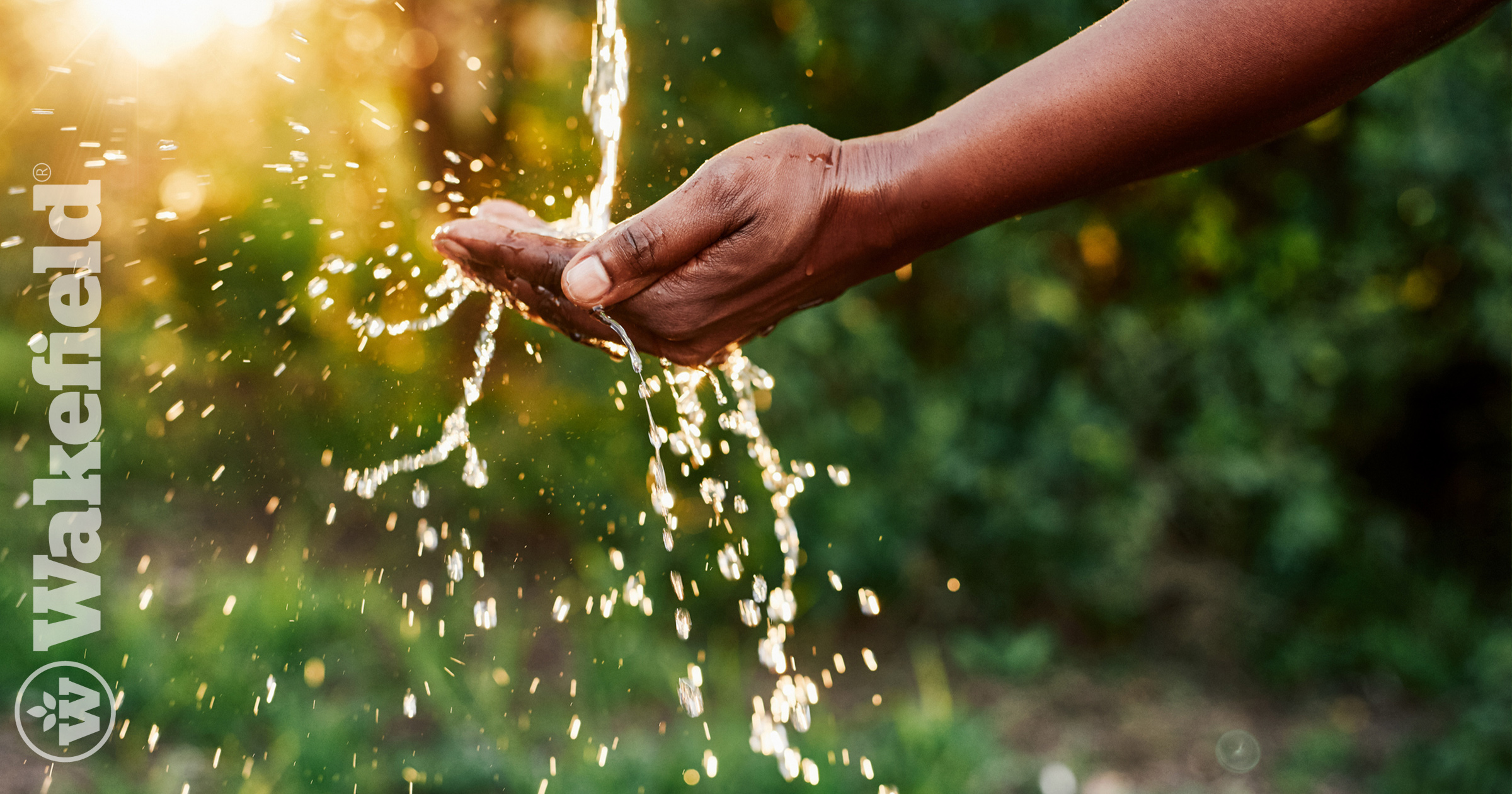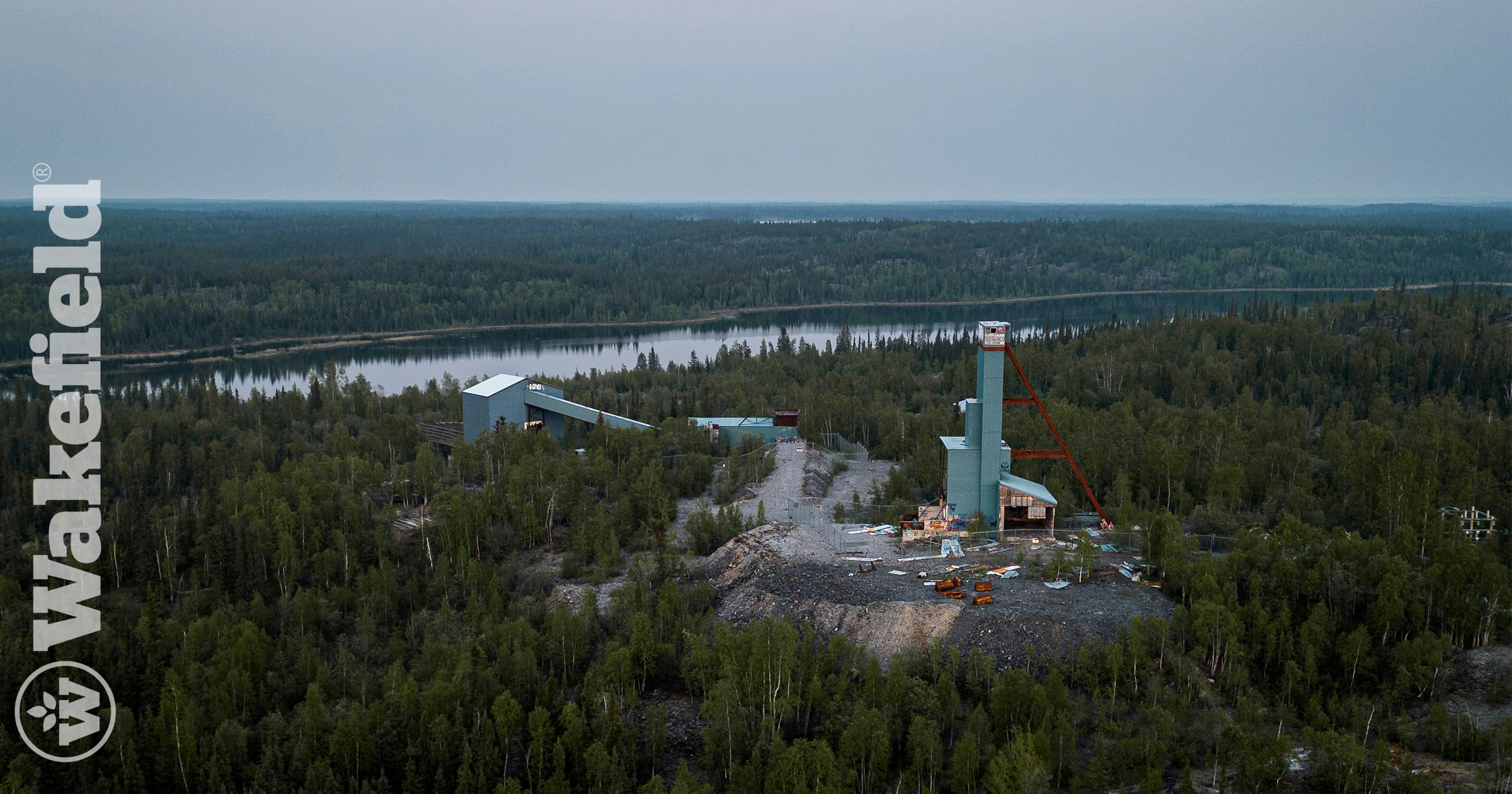
Learning Center
Explore practical articles, expert insights, and step-by-step guides to enhance your gardening.
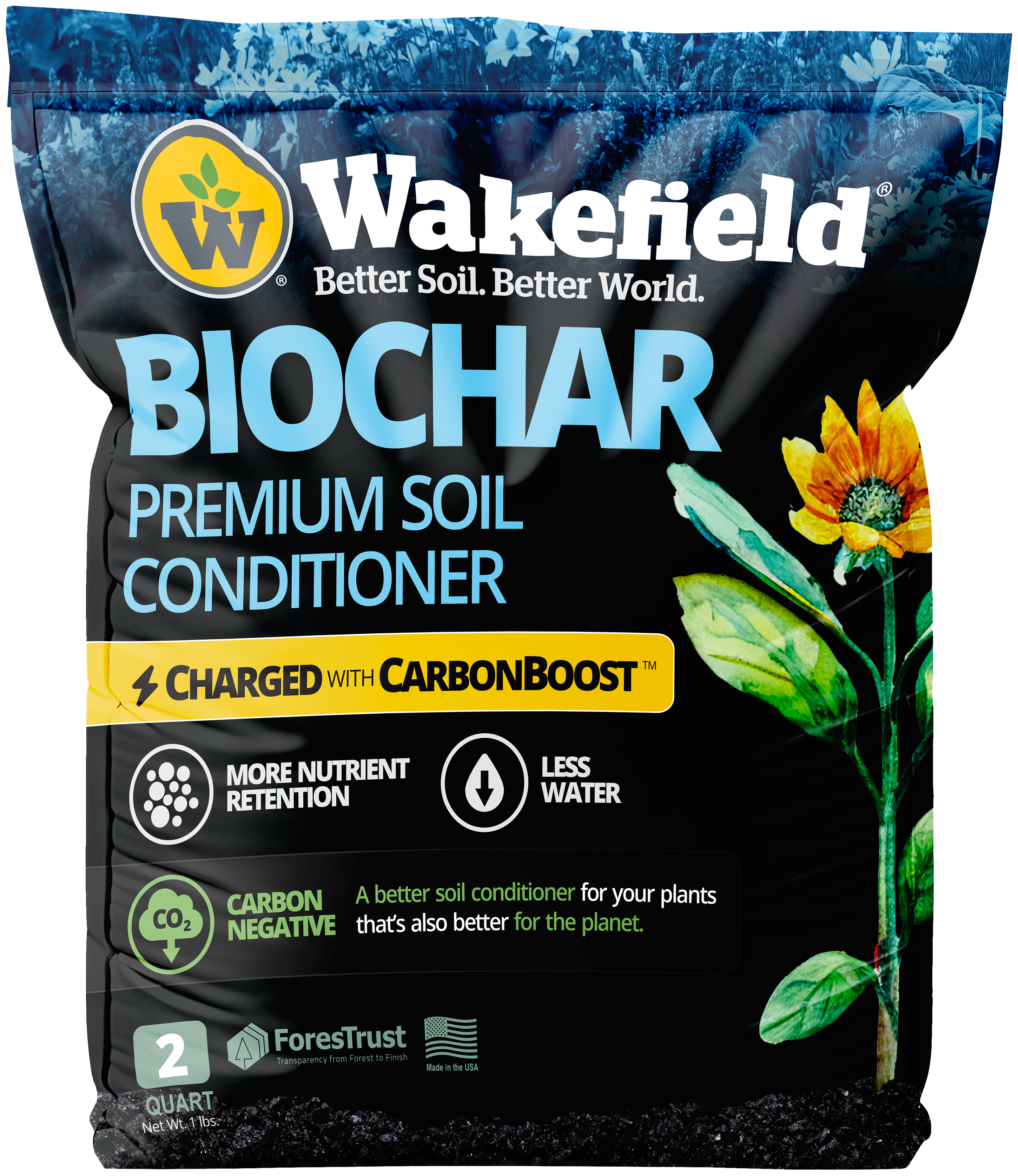

Learning Center Channels
The following articles appear in the Academic Researcher channel:
Biochar’s Role in Boosting Water Retention
High-interporosity biochar significantly boosts water retention in coarse soils, especially when combined with compost and cover cropping.
Biochar as a Sustainable Product for the Removal of OdorEmissions
Biochar is a sustainable product that can be effectively used in various systems to remove odors.
Carbon Sequestration with Biochar
Biochar, created from biomass, traps carbon, improves soil by retaining nutrients and water, supports helpful microbes, increases crop yields, and removes about two tons of CO2 per dry ton.
Role of Biochar in Alleviating Microplastic Toxicity
Discover how biochar helps alleviate microplastic toxicity in soil, promoting a healthier environment.
Understanding Biochar Carbon Credits
Earning carbon credits can turn a simple agricultural practice into a shocking, profitable venture in the fight against climate change!
Amendment of biochar reduces the release of toxic elements underdynamic redox conditions in a contaminated floodplain soil
Biochar can transform contaminated soils by reducing harmful elements, improving soil health, and protecting water quality, all while helping to fight climate change.
Biochar Applications in the Construction Industry
Transform your construction projects with biochar – the game-changing material for stronger, greener, and more sustainable building solutions.
Biochar Amendment and Nitrogen Fertilizer Contribute to the Changes in Soil Properties and Microbial Communities in a Paddy Field
Combining biochar and nitrogen fertilizer improved soil quality, boosted rice yield, and increased beneficial microbes in paddy fields, enhancing crop growth.
Biochar for Water Conservation
By retaining water, maintaining soil health, and reducing environmental harm, biochar is essential for efficient water use and conservation, offering a tangible solution to water shortages and environmental concerns, ultimately securing a better future.
Biochars Reduce Mine Land Soil Bioavailable Metals
Scientists investigated the potential of using biochar made from local feedstocks, pine beetle–killed lodgepole pine and tamarisk, to remediate soils affected by mine lands.
